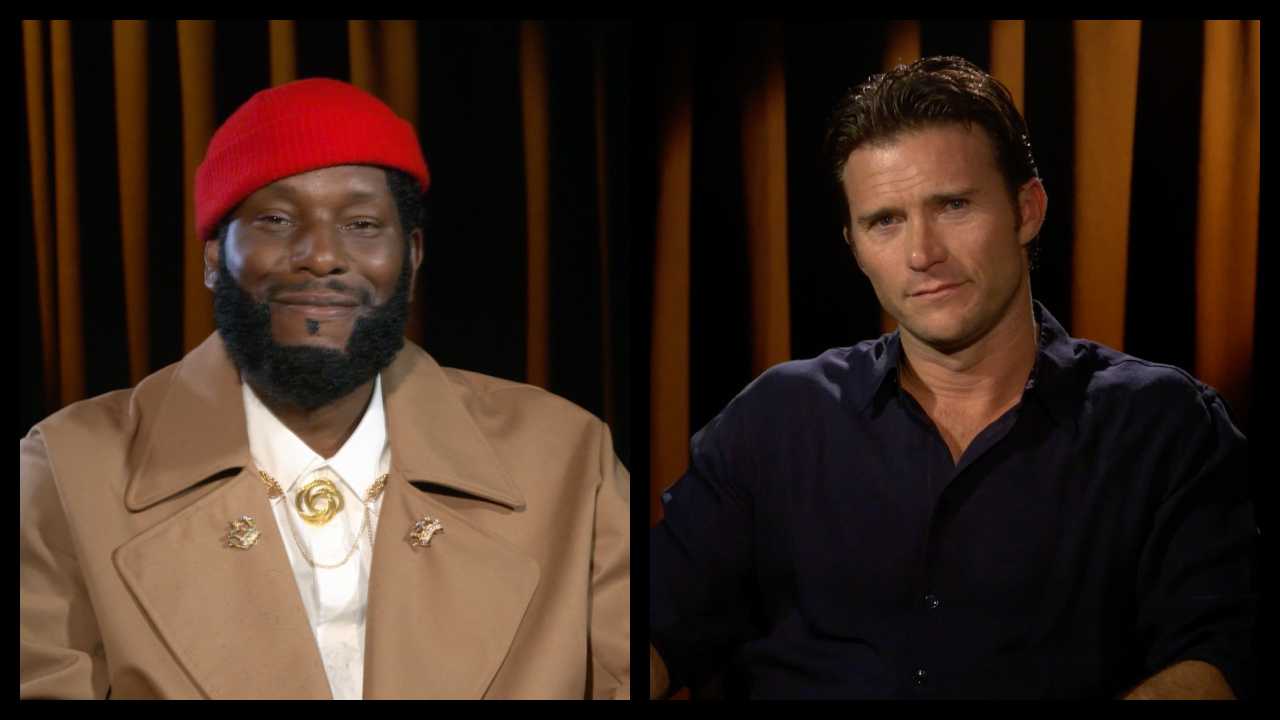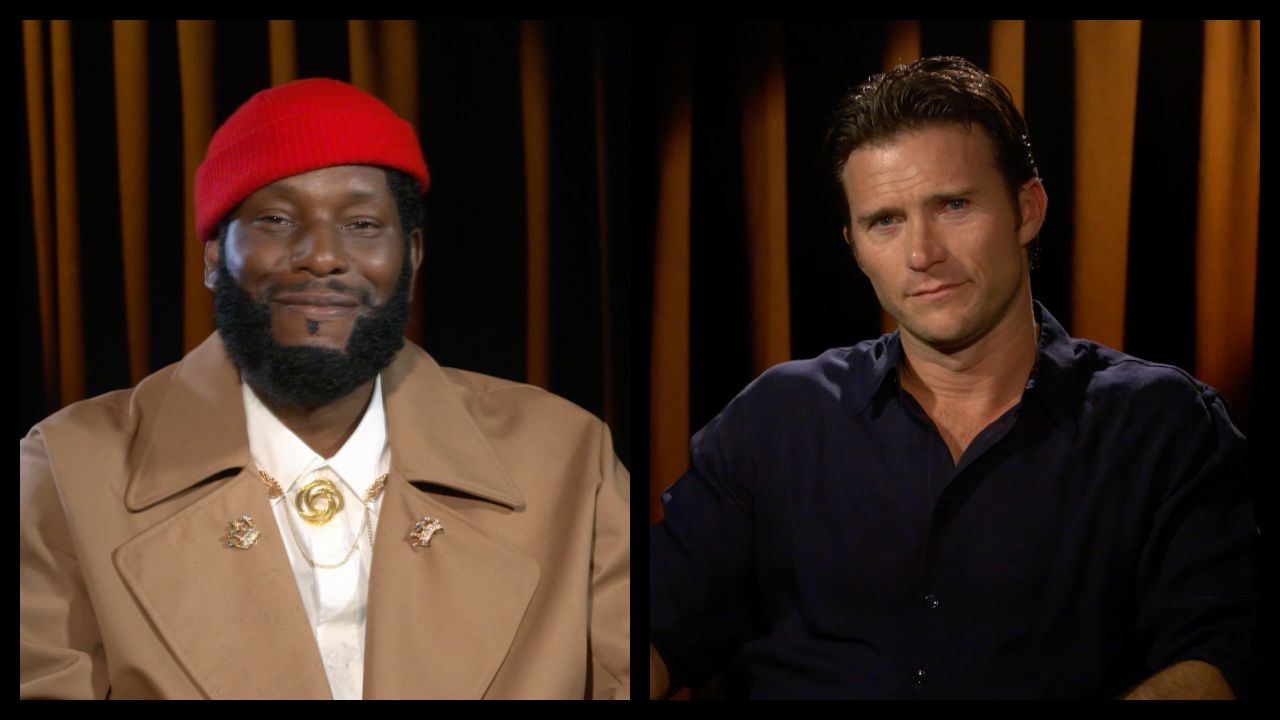
(L to R) Tyrese Gibson and Scott Eastwood star in ‘1992’.
Opening in theaters on August 30th is the new action movie ‘1992’, which was directed by Ariel Vromen (‘The Iceman’) and Tyrese Gibson (‘Fast X’), Scott Eastwood (‘Suicide Squad’) and the late great Ray Liotta (‘Goodfellas’).
Moviefone recently had the pleasure of speaking with Tyrese Gibson and Scott Eastwood about their work on ‘1992’, making a heist movie with the backdrop of the LA Riots, their characters, collaborating with director Ariel Vromen and working with the legendary Ray Liotta.
Related Article: Movie Review: ‘Fast X’
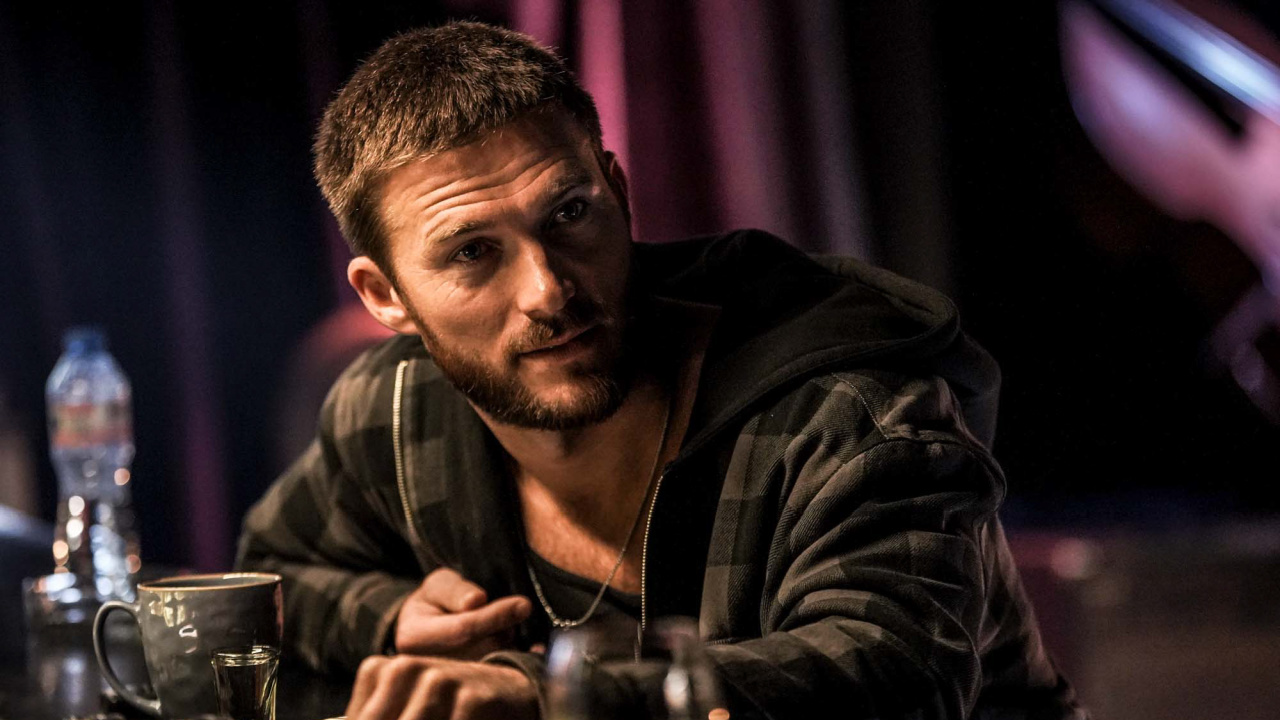
Scott Eastwood as Riggin Bigby in the Action, Crime, Thriller film, ‘1992’, a Lionsgate release. Photo courtesy of Lionsgate.
Moviefone: To begin with, Scott, what was your first reaction to the screenplay and the idea of making a heist movie with the backdrop of the LA Riots?
Scott Eastwood: I am always attracted to heist movies. One, I loved movies like ‘The Town’ and ‘Den of Thieves’. I think if you like those types of movies, you’ll like this type of movie because it’s a heist movie, but it’s got high stakes, and it’s set upon the backdrop, like you said. It’s also really grounded. It’s got some dynamic character issues that create a lot of conflict, and that stood out for me in this film.
MF: Tyrese, what was your first reaction to the screenplay and the plot of the film?
Tyrese Gibson: The crazy thing is when I got the ‘1992’ script, we read it and then at some point got on with Ariel Vromen, our director, who is brilliant, and I love him so much. After reading the script, I realized quickly that I don’t want to do a heist movie and I don’t want to just do a movie about the riots. So, if we can’t do them both, then this is not a movie for me because there’s plenty of documentaries. So yeah, it was a journey to pull this all together. I was there protesting on April 29th, 1992. So was Snoop Dogg, believe it or not. So, it’s unbelievable to be here. God has a sense of humor like, “You’re in the riots, you’re out there protesting, you’re active, you got your boots on the ground, and I’m glad you’re doing this right now because 30 years from now, you’re about to do a movie.” What a life.
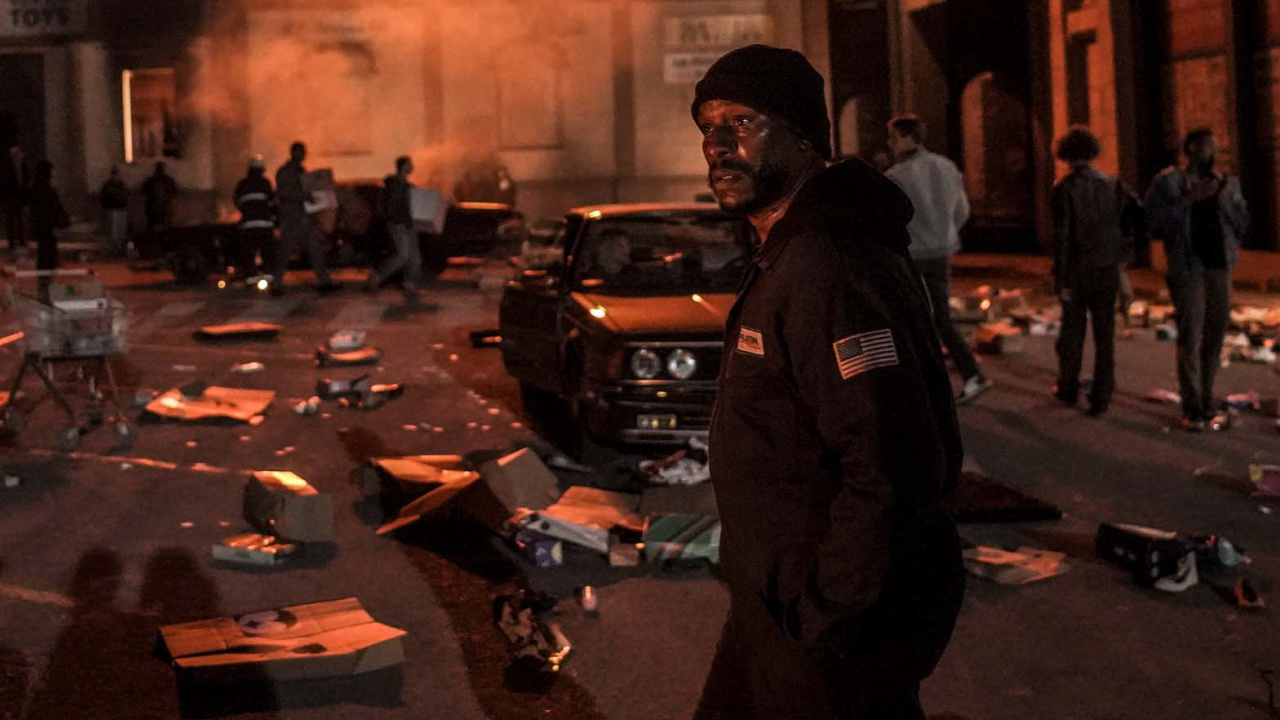
Tyrese Gibson as Mercer in the Action, Crime, Thriller film, ‘1992’, a Lionsgate release. Photo courtesy of Lionsgate.
MF: Scott, can you talk about your approach to this character and why this heist is so important to him?
SE: I think this is his Moby Dick, right? He’s got to do this to get out. This is for him. He does not want to be in this world. He’s got other dreams of getting out. The character was an amalgamation of guys I’d seen growing up, Riverside guys, East County guys, rough around the edges, tatted up. I had seen guys like that growing up, so I was able to steal character traits and things and pepper it in there.
MF: Can you talk about his uneasy relationship with his father and what it was like working with Ray Liotta?
SE: It was perfect because Ray is a no-bulls**t kind of guy. You know what you’re getting with him, and he doesn’t intellectualize about the work. It’s like, “Let’s do it.” So, there was an uneasiness about it and I think it created for exactly the relationship we have. There was an uneasiness, there was conflict. He’s a master. When they say action, he’s electric.
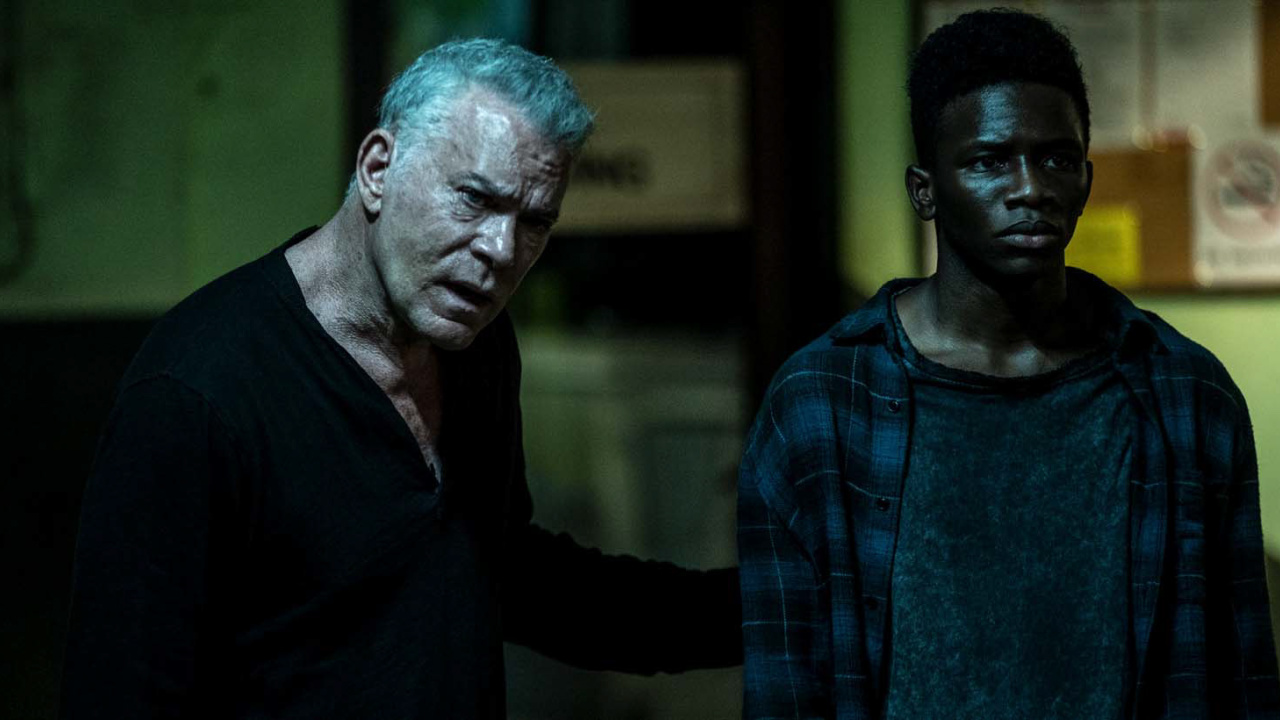
(L to R) Ray Liotta as Lowell and Christopher A’mmanuel as Antoine in the Action, Crime, Thriller film, ‘1992’, a Lionsgate release. Photo courtesy of Lionsgate.
MF: Tyrese, what was your experience like working with Ray Liotta?
TG: Ray Liotta was dark. He was intense, man. You walk up to him on the set, “Hey, Ray, how are you doing?” “Yeah, yeah, yeah, yeah.” He was really in it, which I appreciate. I’m one of those guys who’s like, “I don’t need you to explain what your space and what your zone is and how you go about getting in the spirit of your role.” But when it was time for us to do our scenes together, all that distance and being mean in my mind, it all showed up on camera.
MF: Scott, can you talk about the unlikely alliance that Riggin makes with Mercer?
SE: Look, they’re both in a father-son standoff, which is interesting. I like the parallel stories that go through the whole film about fathers and sons, and I thought that was one of the more interesting parts of this film.
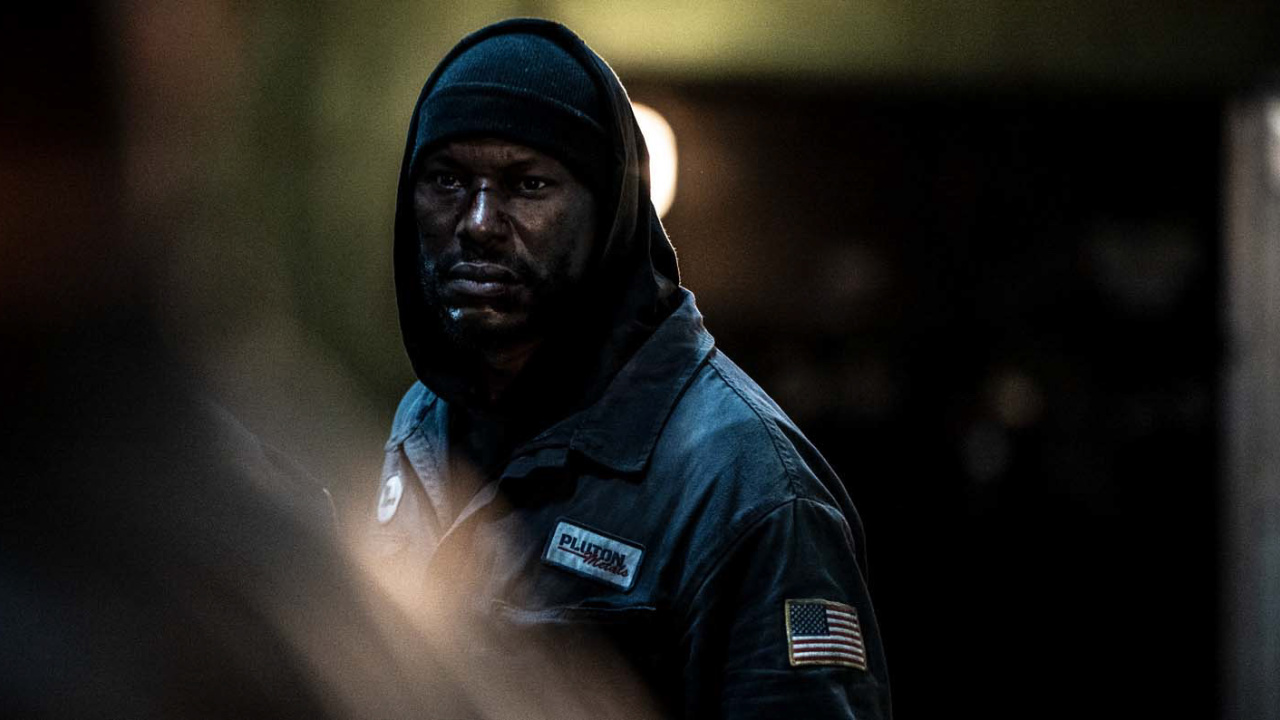
Tyrese Gibson as Mercer in the Action, Crime, Thriller film, ‘1992’, a Lionsgate release. Photo courtesy of Lionsgate.
MF: Tyrese, can you talk about how prison changed your character and what he’s trying to teach his son?
TG: I think this specific character is Mr. Self-Sabotage, where there’s problems, where there’s issues, where there’s some street Crips and Bloods and shooting and killing. Just a typical dude in the hood that’s just going to end up on another episode of ‘The First 48’. That was my character, just got nothing to live for, and then had this child. The mother of my child knew that I was still out there very active and crazy, and just basically isolated me away from having a presence in my son’s life. Then she died and grandmother died, and I got full custody. So now you have this dynamic between, “You are my father, but you haven’t been present, and I know everybody here probably more than you.” Then trying to get him to understand that there’s nobody else here that matters in your life more than me, and everything about you being safe from this point on is going to happen on my back. Understanding you’re not my friend, you’re my son. If you don’t like what I’m saying and what I’m talking about or where we’re going, it’s not up for discussion. I’m your father. Get in the car, we’re leaving. That’s what we wanted to establish with that dynamic. Then the duality of me and my son versus the dynamic of Ray Liotta, rest in peace, and Scott, which just really built the contrast, it was inspiring and interesting.
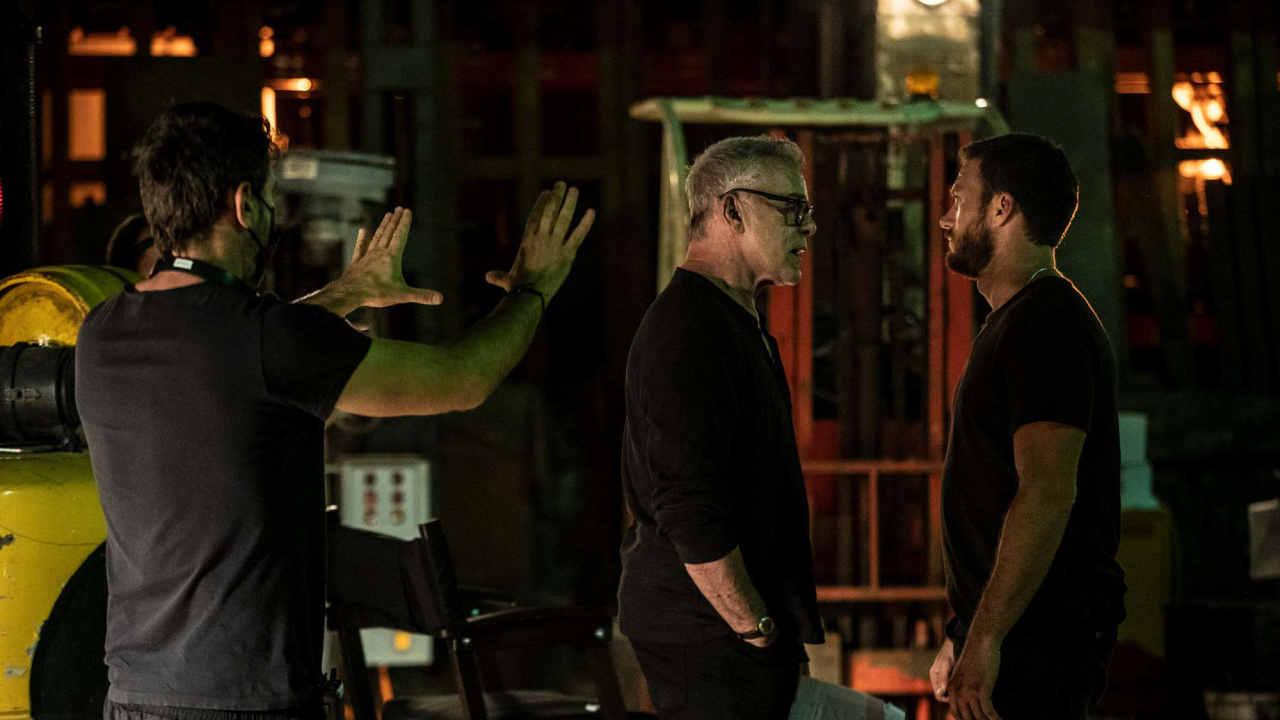
(L to R) Director/Co-Writer Ariel Vromen, Ray Liotta as Lowell and Scott Eastwood as Riggin Bigby behind the scenes of the Action, Crime, Thriller film, ‘1992’, a Lionsgate release. Photo courtesy of Lionsgate.
MF: Scott, what was it like collaborating with director Ariel Vromen on set?
SE: Ariel’s great. I’ve known Ariel for 20 years. Way before we ever decided to work together, we were friends. When I had seen him do ‘The Iceman’, I was like, “Let’s try to find something together.” I thought that was a well-executed film. This just fell into place. It was the right character, it was the right age, the right thing, and I thought it was an interesting original story.
MF: Finally, is it fun making a heist movie?
SE: I think there’s some exhausting moments, but there’s also some fun moments. It’s like any film. This film, a lot of it took place at night, so that’s tough. Nights are tough. Doing any action movie is tough. Your body’s beat up by the end of it. You’re crushed.
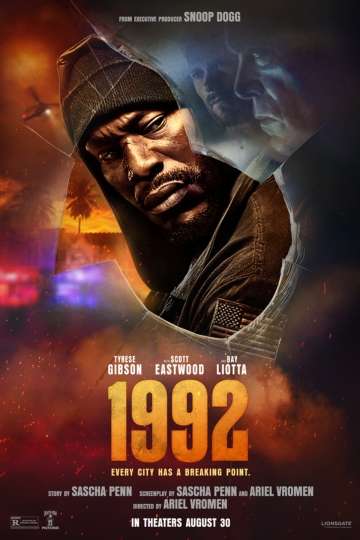
“Every city has a breaking point.”
A father (Tyrese Gibson) becomes entangled in a risky heist while trying to save his son from criminals (Ray Liotta and Scott Eastwood) during the 1992 LA uprising. Read the Plot
What is the plot of ‘1992’?
In 1992, Mercer (Tyrese Gibson) endeavors to restore his life and relationship with his son during the unrest following the Rodney King verdict. Meanwhile, in another part of town, a father (Ray Liotta) and son (Scott Eastwood) confront their troubled relationship by planning a perilous heist at Mercer’s workplace. As tensions in Los Angeles escalate and chaos ensues, the two family’s cross paths.
Who is in the cast of ‘1992’?
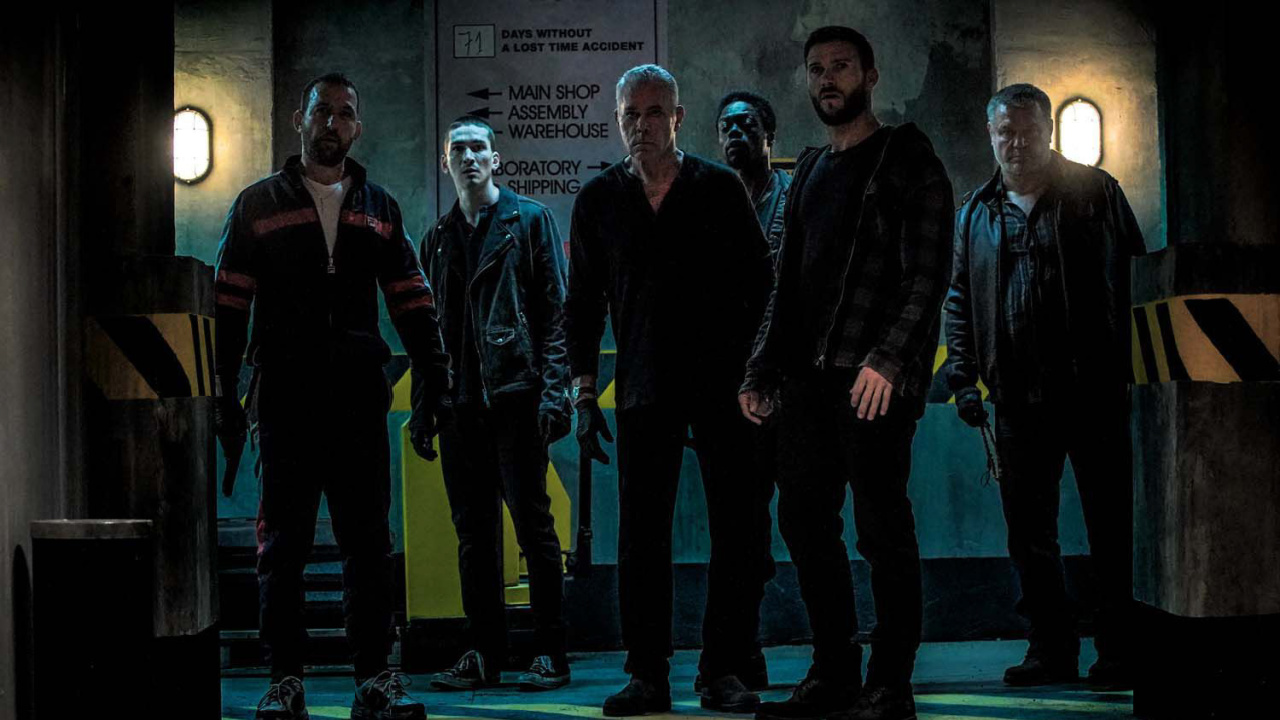
(L to R) Ori Pfeffer as Murphy, Dylan Arnold as Dennis, Ray Liotta as Lowel, Clé Bennett as Copeland, Scott Eastwood as Riggin Bigby, and Oleg Taktarov as Titus in the Action, Crime, Thriller film, ‘1992’, a Lionsgate release. Photo courtesy of Lionsgate.
